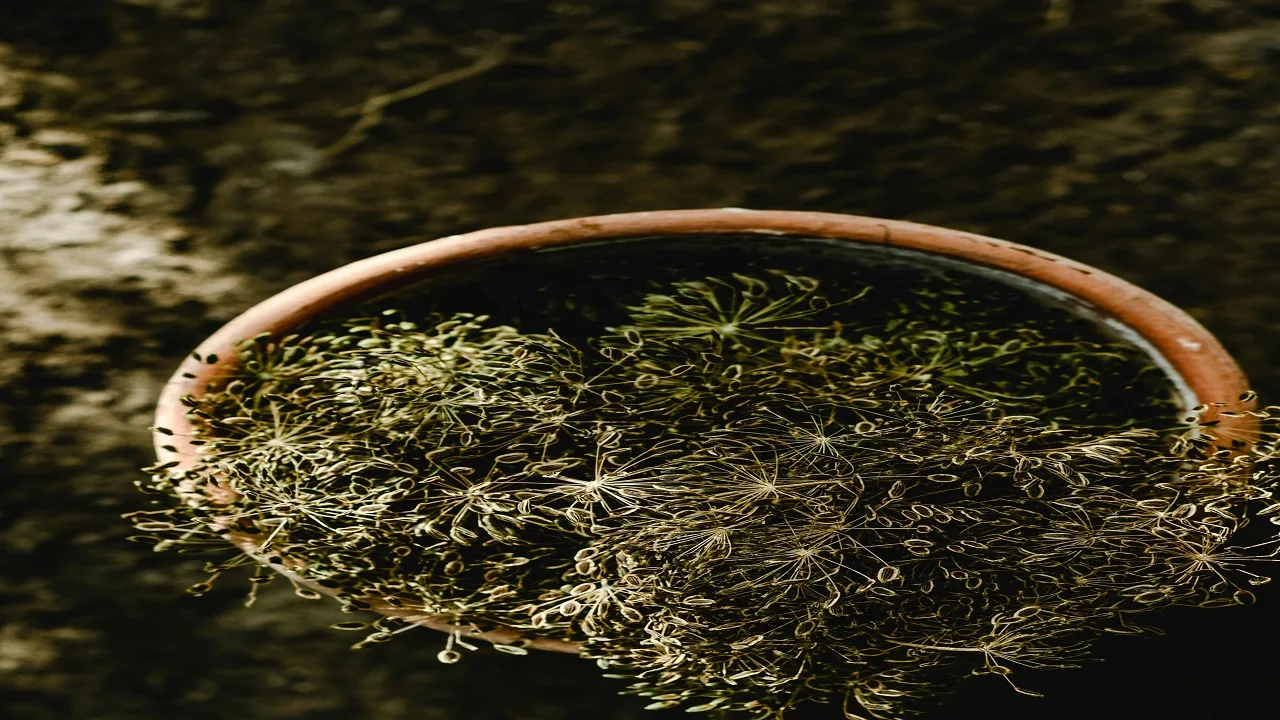Dill (Anethum graveolens) is a popular plant used to flavor food, but it also has therapeutic benefits. Traditional medicine has used dill to assist digestion and encourage breastfeeding for ages. This fresh, slightly tangy herb contains minerals and chemicals that enhance health, making it an excellent complement to any diet. This article discusses how dill improves digestion and lactation milk production.
Dill for Digestive Health
Dill’s digestive advantages are well known. For generations, it has been used to treat indigestion, bloating, and gas. Dill stimulates digestion with carvone, one of its key active components. Carvone boosts digestive enzyme synthesis, making food digestion easier.
Dilly might relieve indigestion and heartburn in regular sufferers. Dill neutralizes stomach acids, minimizing acid reflux burning. Its anti-spasmodic effects also soothe stomach and intestinal muscles, which is notably helpful for patients with IBS or other digestive diseases that cause cramping.
Dill also naturally treats flatulence. Its ingredients reduce bloating and pain by preventing gas production in the digestive system. Dill promotes healthy digestion and prevents gas and bloating, improving gut health and nutrition absorption.
Dill also contains minor anti-microbial capabilities that fight intestinal bugs. This feature helps prevent bacterial stomach infections, keeping the digestive system healthy.
Dill’s Role in Enhancing Lactation
In addition to its digestive effects, dill is utilized as a galactagogue to boost nursing milk supply. Modern studies support nursing moms’ natural use of dill to increase breastfeeding. Compounds in the plant boost prolactin, a hormone essential to milk production. Dill seeds include essential oils, flavonoids, and vitamins that boost milk production. Regular dill consumption during lactation improves breast milk quality and quantity, ensuring the nursing infant nourishes enough.
Dill also helps nursing moms by reducing newborn colic and gas. Nursing women may transfer dill into breast milk to relax their babies’ digestive systems and prevent colic and stomach pain. Drinking dill tea or adding it to meals can naturally boost mothers’ milk production and babies’ digestive health.
How to Use Dill for Health Benefits
There are several ways to eat dill for digestive and lactation advantages. Add fresh or dried dill to soups, salads, and sauces for flavor and health. Using dill seeds to brew tea helps digestion and lactation.
Dill tea steeps one to two tablespoons of seeds in boiling water for 10 minutes. This tea helps increase digestion and nursing moms’ milk production every day.Dill may boost lactation when combined with galactagogues like fennel or fenugreek.










